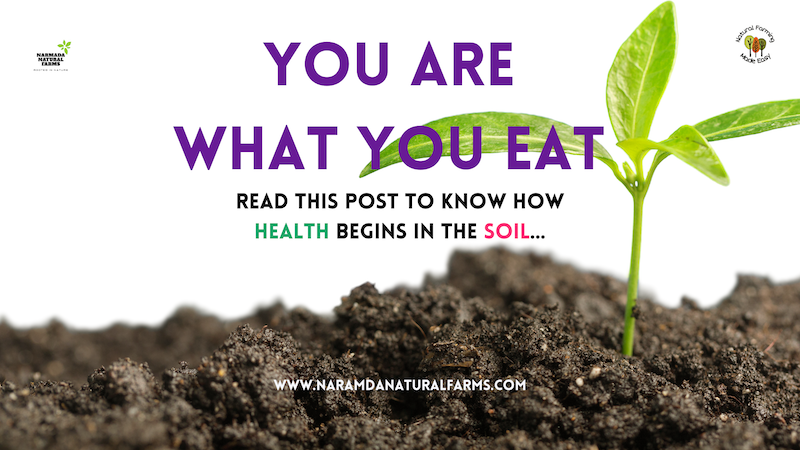Soil health at a farm refers to the ability of soil to support the growth of plants, retain moisture, provide proper nutrient levels, and promote healthy microbial activity. Healthy soil can improve crop yields, reduce the need for fertilizer and pesticides, and improve the overall sustainability of a farm. To maintain soil health, farmers can implement best practices such as crop rotation, cover cropping, reduced tillage, composting, diversifying crops, conserving natural vegetation, and reducing pesticide use. By investing in soil health, farmers can improve the long-term productivity and profitability of their farms, while also protecting the environment.
Also Read: HOW TO INCREASE ORGANIC CARBON AT YOUR FARM?
How does poor soil health affect produce at a farm?
Poor soil health can negatively affect the quality and quantity of produce at a farm in several ways:
- Reduced yields: Plants grown in soil with poor health are often stunted, resulting in lower yields.
- Poor nutrient uptake: If soil is lacking in essential nutrients, plants may not receive adequate nutrition, leading to poor growth and reduced crop quality.
- Increased disease and pest pressure: Poor soil health can reduce the populations of beneficial soil microorganisms, making it easier for pests and diseases to establish and spread.
- Poor water holding capacity: Soils with poor health tend to be more prone to drought, as they are unable to retain water effectively.
- Erosion and degradation: Poor soil health can lead to soil erosion and degradation, which can reduce the productivity of the land over time.
Therefore, it is essential for farmers to invest in soil health by implementing best practices, such as using compost and cover crops, reducing tillage, maintaining the long-term productivity of their farms, and producing high-quality crops.
Also Read: UNDERSTANDING NATURAL FARMING
BEST PRACTICES TO IMPROVE SOIL HEALTH AT FARM
- Crop rotation: Regularly rotating crops helps to prevent soil degradation and reduces the build-up of pests and diseases.
- Cover crops: Planting cover crops helps to build soil health and reduce erosion.
- Reduced tillage: Minimizing soil disturbance through reduced tillage practices can improve soil structure and increase organic matter content.
- Composting: Adding organic matter to the soil through composting can improve soil fertility and water-holding capacity.
- Diversifying crops: Growing a mix of crops can help to maintain soil health by avoiding over-reliance on single crops and improving soil fertility through intercropping.
- Conservation of natural vegetation: Retaining natural vegetation helps to conserve soil moisture and reduce soil erosion.
- Reduced pesticide use: Overuse of pesticides can be harmful to soil health, so reducing pesticide use and promoting integrated pest management can help to maintain soil health.
